Efficient charging has become a priority for smartphone users, with advancements in fast-charging and wireless technologies promising reduced wait times. Understanding how long it takes to charge a phone from 0% to 100% depends on factors such as charger type, battery capacity, and device compatibility. In this comprehensive guide, we explore these variables in detail and offer insights to optimize your charging routine.
Understanding Battery Technology
Modern smartphones predominantly use lithium-ion batteries, renowned for their energy efficiency and longevity. These batteries have replaced older nickel-based ones due to their ability to handle frequent recharging without significant capacity loss. Lithium-ion batteries also support fast charging, making them ideal for today’s fast-paced lifestyle.
Factors Affecting Charging Time
1. Charger Type and Wattage
The type of charger you use significantly influences charging time. Chargers range from standard 5W to high-powered 120W options:
- Standard Charger (5W): Takes 3–4 hours for a full charge.
- Fast Charger (20W to 65W): Can reach 50% in 30 minutes and a full charge in 1–1.5 hours.
- Ultra-Fast Charger (100W+): Capable of charging from 0% to 100% in under 30 minutes for supported devices.
Recommendation: Invest in a high-wattage charger compatible with your device to minimize charging time.
2. Cable Quality and Compatibility
Charging cables vary in quality and capability. USB-C to USB-C and USB-C to Lightning cables generally offer faster charging compared to Micro USB cables.
- Certified Cables: Ensure faster and safer charging.
- Non-Certified Cables: Can limit power transfer and slow down charging speed.
Tip: Always use manufacturer-approved or certified cables.
3. Battery Capacity and Health
Battery size is measured in milliamp-hours (mAh). Larger batteries take longer to charge:
- Small Battery (3000mAh): About 1.5–2 hours with a fast charger.
- Large Battery (5000mAh+): May take 2–2.5 hours depending on charger wattage.
Battery Health: Degraded batteries charge slower. Regularly checking battery health and replacing aging batteries can maintain optimal charging speeds.
4. Charging Techniques and Habits
How you charge your phone impacts charging speed and battery lifespan:
- Airplane Mode: Reduces background processes, speeding up charging.
- Avoid Usage While Charging: Using the device slows down the charging rate.
- Remove Phone Cases: Helps prevent overheating, which can throttle charging speed.
Optimal Practice: Charge between 20% and 80% to prolong battery life.
Charging iPhones: Detailed Analysis
Fast Charging Capabilities
Since iPhone 8, Apple has incorporated fast-charging features:
- 20W Charger: Charges iPhone to 50% in 30 minutes and 100% in 1–1.5 hours.
- 5W Charger: Requires approximately 3–4 hours for a full charge.
Recommended Accessories: Use a USB-C to Lightning cable for the fastest charging experience.
MagSafe and Wireless Charging
MagSafe provides up to 15W of power, offering a balance between convenience and speed:
- MagSafe (15W): Full charge in about 2–2.5 hours.
- Standard Qi Wireless (7.5W): Full charge in 3–4 hours.
Consideration: Wireless charging generates more heat, which can slow down the charging process.
Charging Android Devices: An Overview
Diverse Charging Options
Android devices offer a variety of charging technologies:
- Qualcomm Quick Charge: Powers up devices rapidly with up to 100W charging support.
- USB Power Delivery (PD): Universally supported and efficient for fast charging.
Performance:
- 30W Charger: 50% in 30 minutes and 100% in 1–1.5 hours.
- 15W Charger: Requires 2–2.5 hours for a full charge.
*Tip: Use USB-C cables for optimal speed.
Wireless Charging for Android
Wireless charging speed depends on the power output of the charger:
- 15W Wireless Charger: Full charge in 2–2.5 hours.
- 10W Wireless Charger: Takes about 3 hours.
Efficiency: Align the device properly on the charging pad to prevent slower charging due to misalignment.
Myths and Misconceptions About Charging
Myth 1: Charging Overnight is Harmful
Modern smartphones are equipped with smart charging technology that stops power intake once fully charged. However, keeping a device plugged in overnight can slightly degrade battery health over time due to trickle charging.
Suggestion: Unplug your device once it reaches 100%.
Myth 2: Charging to 100% is Essential
Regularly charging to 100% can accelerate lithium-ion battery degradation. Experts recommend the 20%-80% rule for longevity.
Optimal Practice: Charge partially rather than completely for extended battery lifespan.
Recommended Charging Routine
- Morning Charge: Top up from 20% to 80% if possible.
- During Commute: Utilize fast charging for a quick boost.
- Evening: Avoid overnight charging; unplug once full.
Enhancing Charging Efficiency
- Turn off Unused Features: Bluetooth, GPS, and Wi-Fi consume power.
- Clean Charging Ports: Dust can hinder power flow.
- Software Updates: Keep your device updated for optimized battery management.
*Final Tip: Consider portable power banks with fast charging support for emergencies.
Conclusion
Effective charging is a blend of using high-quality accessories, maintaining good charging habits, and understanding your device’s capabilities. By following the outlined practices, you can ensure faster charging times and extend your phone's battery lifespan. Adopting efficient charging routines not only saves time but also enhances the longevity and performance of your smartphone.






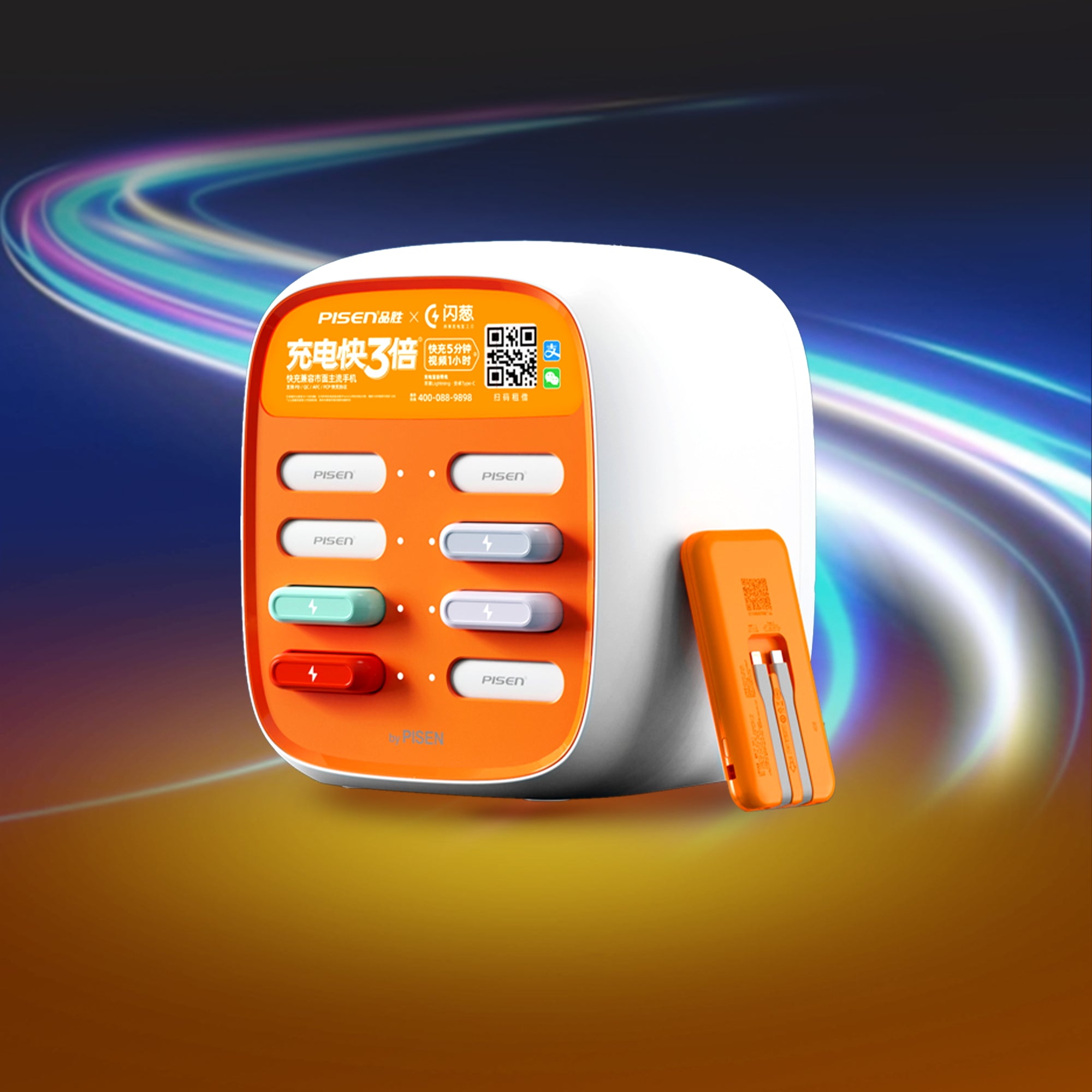
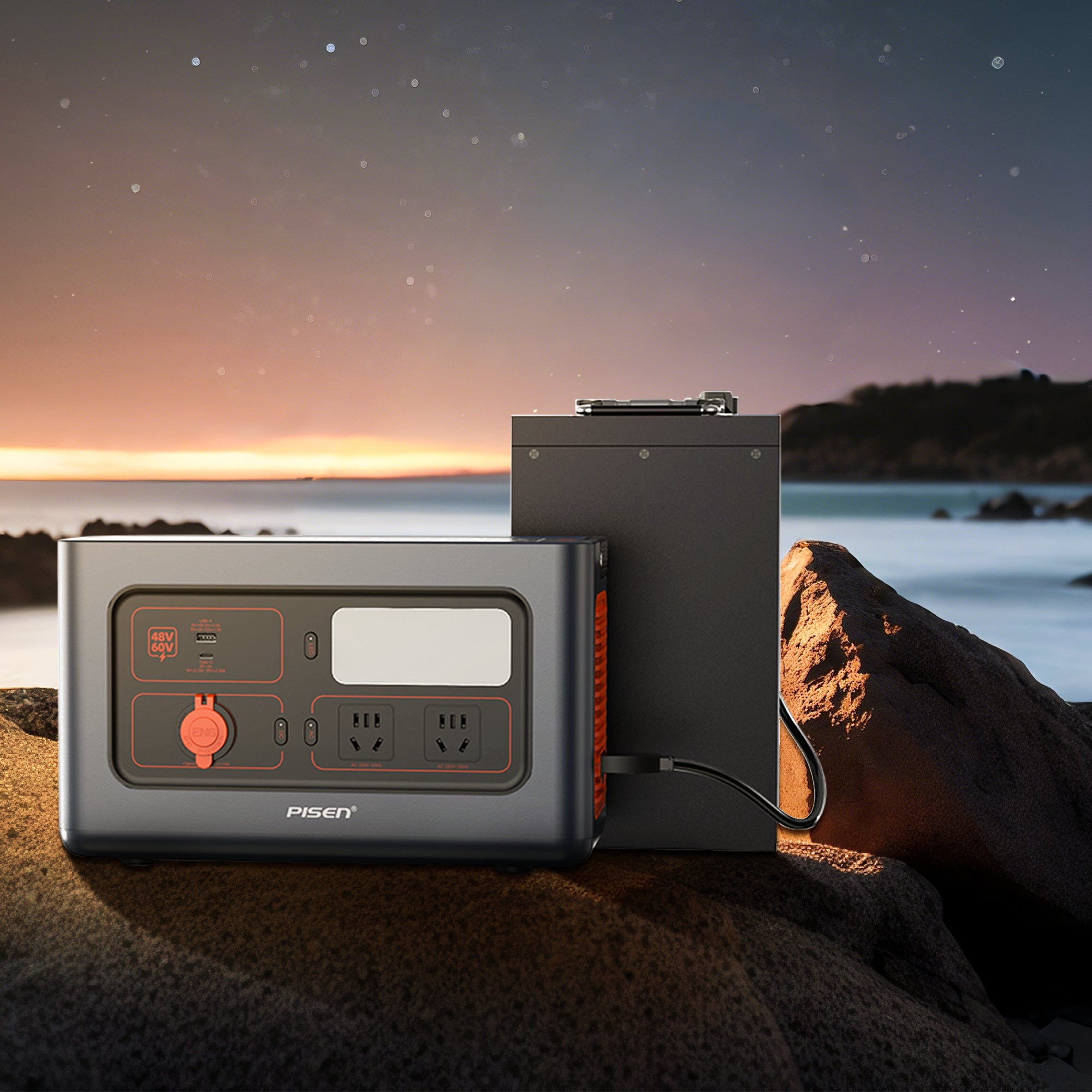
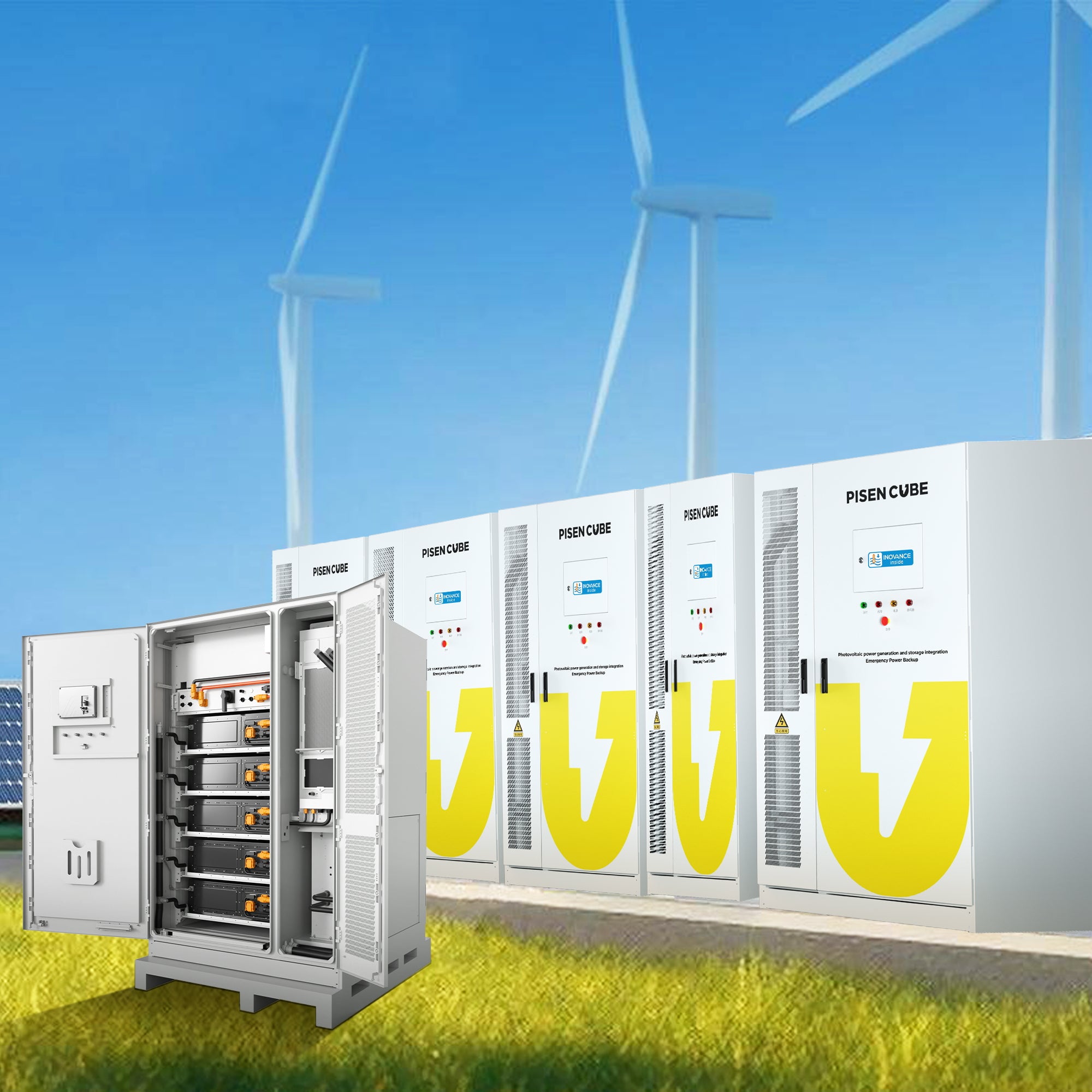

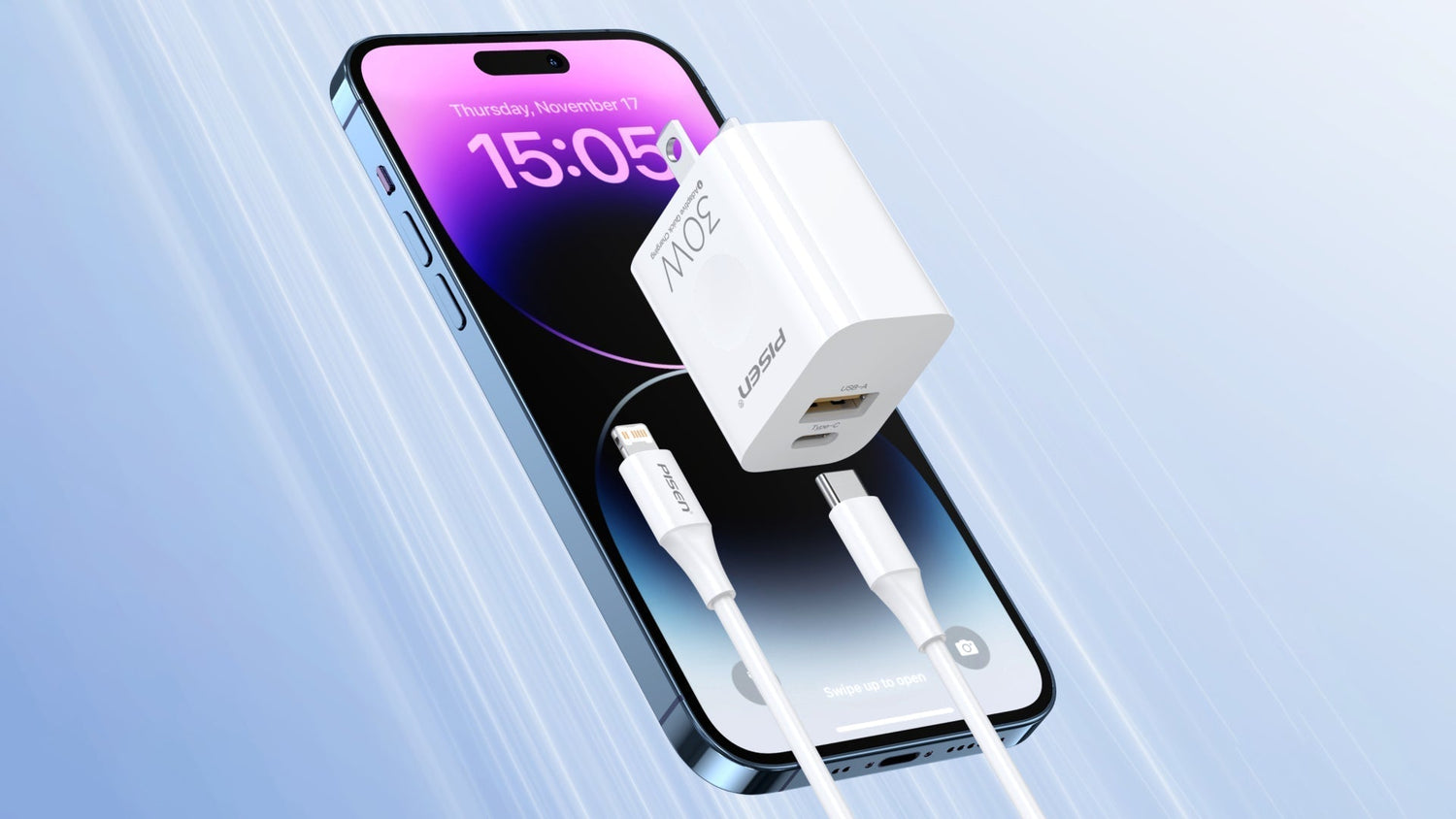
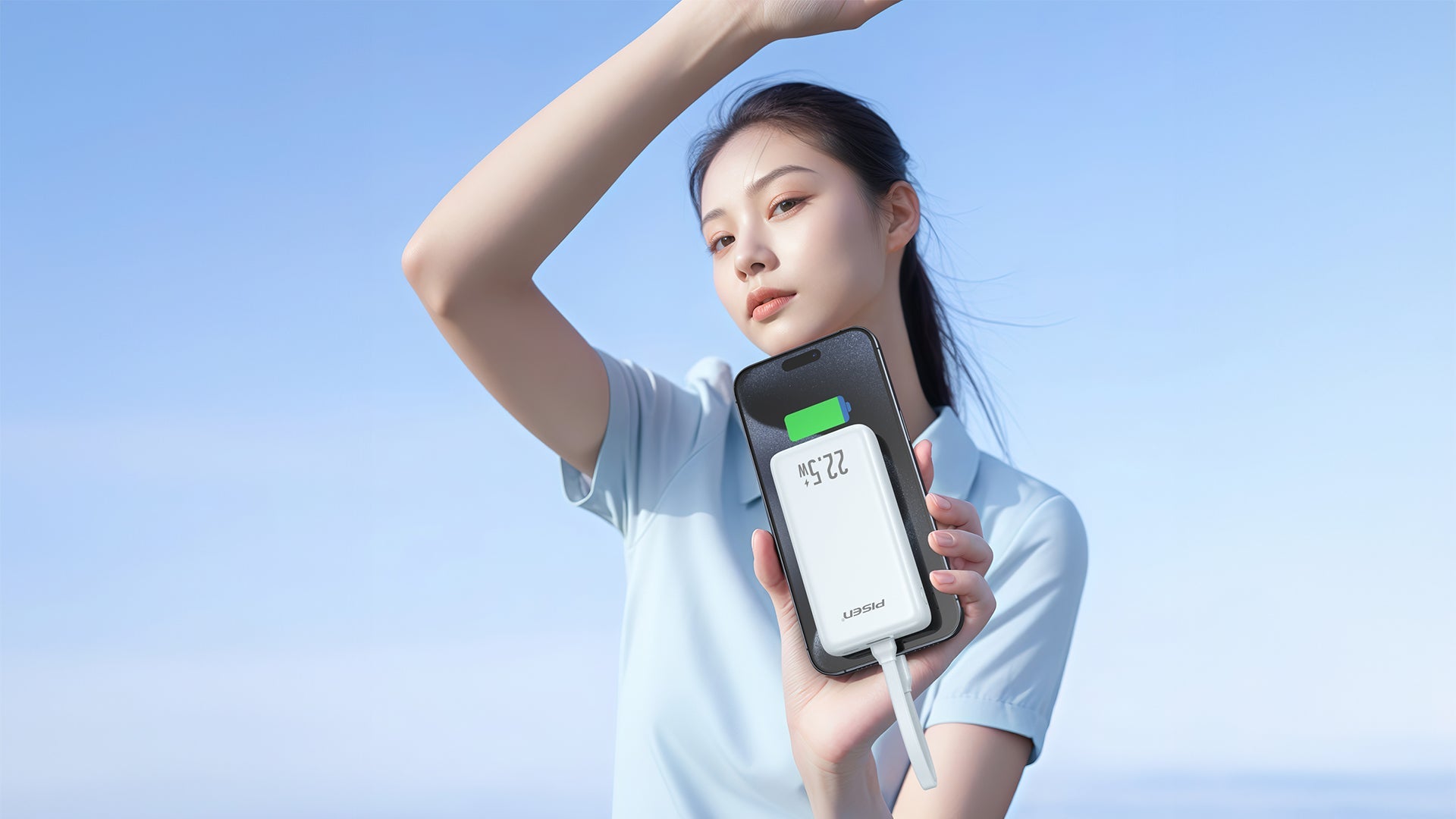
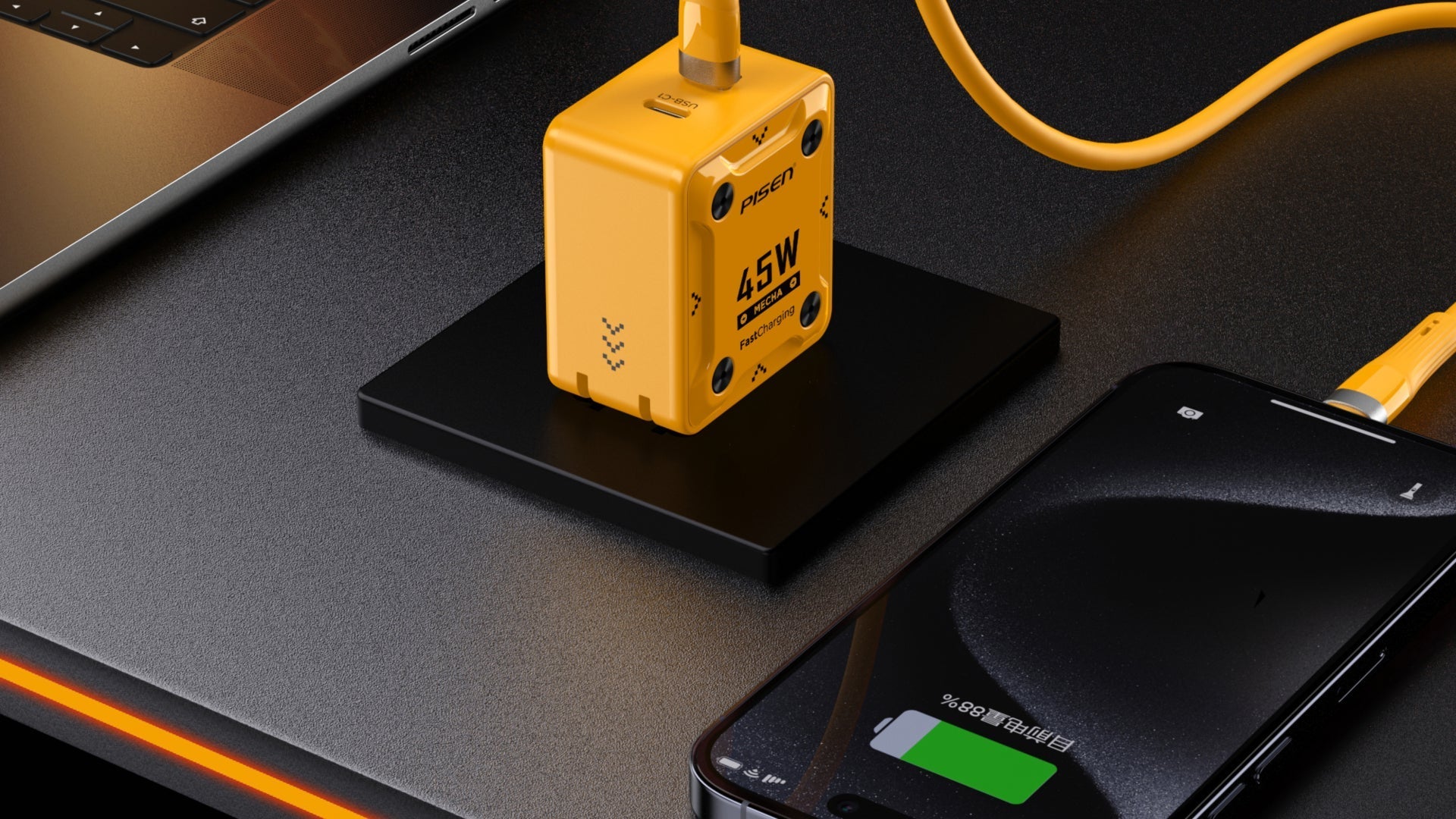
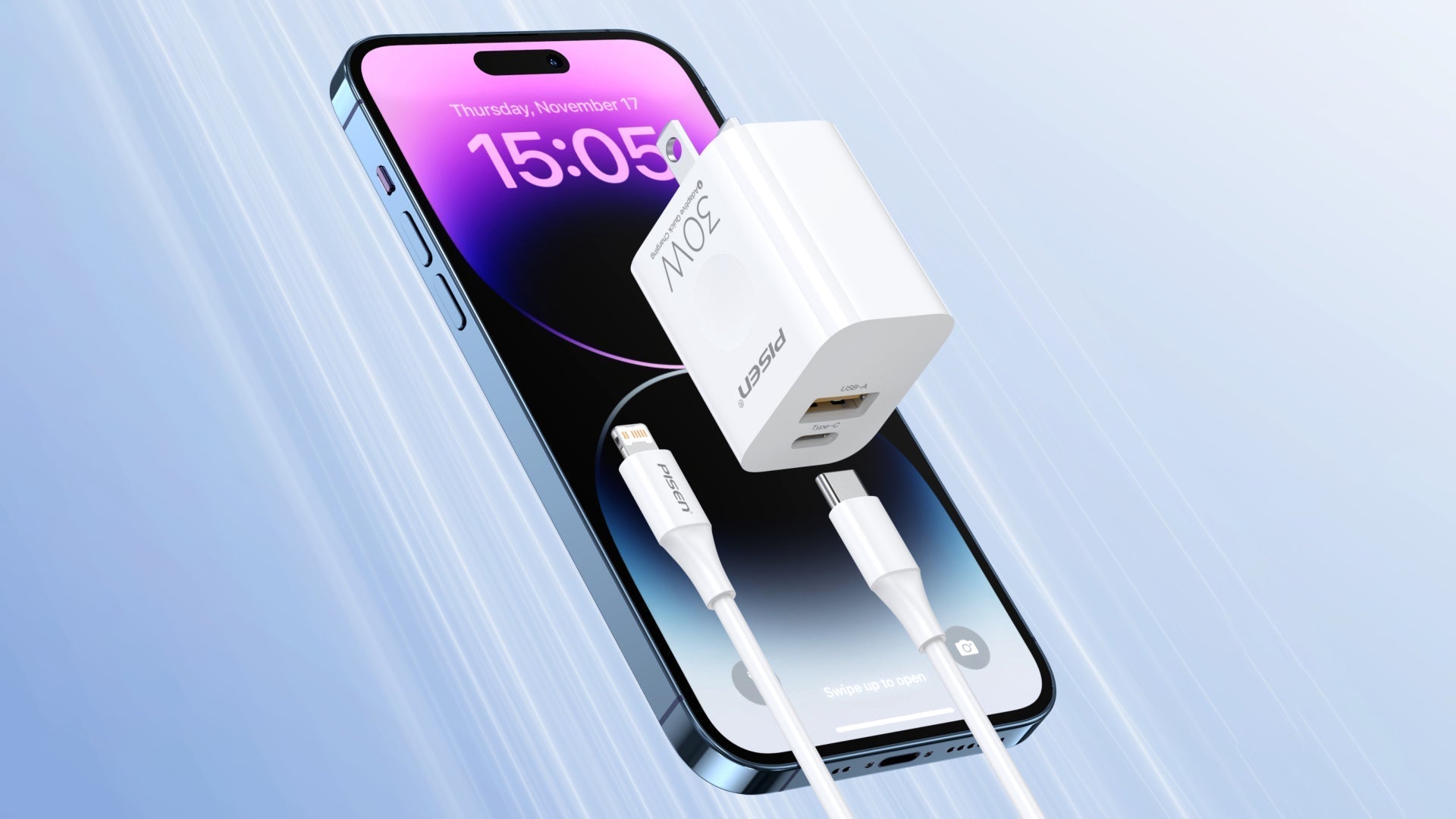
Leave a comment
All comments are moderated before being published.
This site is protected by hCaptcha and the hCaptcha Privacy Policy and Terms of Service apply.